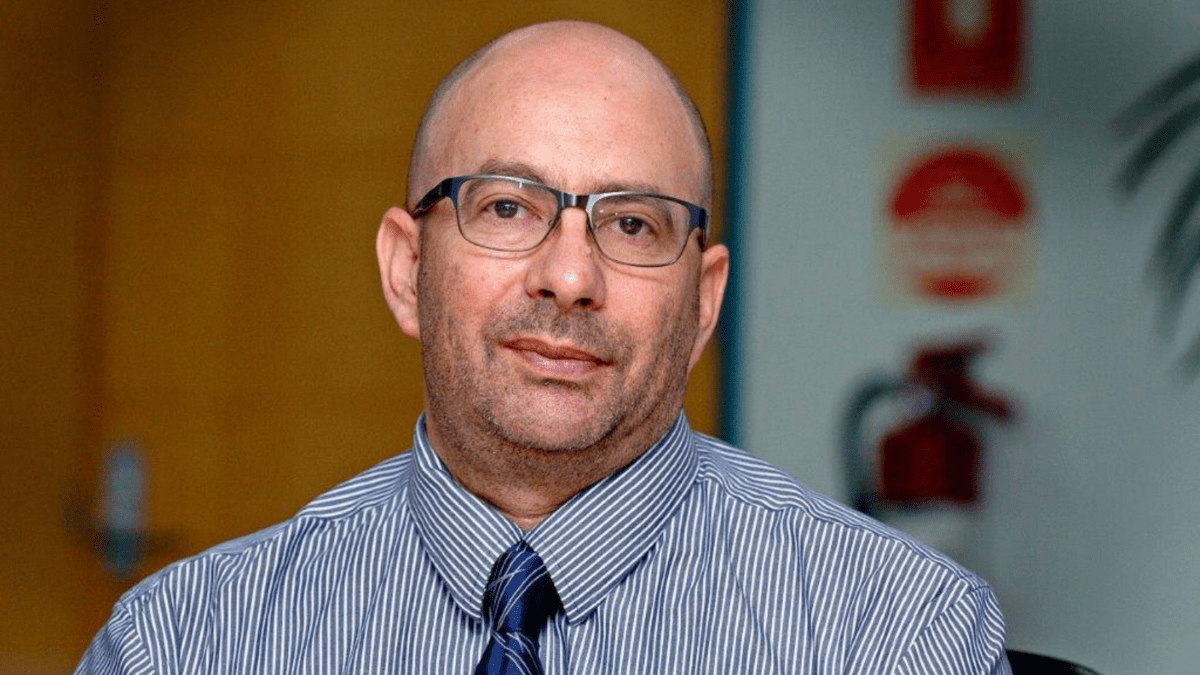Why Your Future, Your Super’s perverse incentives could reverse
The Your Future, Your Super (YFYS) performance test is a very significant consideration when designing and implementing a diversified portfolio. It may even be the most important consideration because the penalty for failing it is death, and it will ultimately usurp other considerations like real returns, providing retirement income, risk controls and – dare I suggest it – peer performance.
My opinion is that YFYS discourages the very thing that might very well be most important thing to do right now, namely adding active management (skill) into portfolios, in particular in the management of both Australian and global equity portfolios. This is because in any downturn index hugging portfolios will perform in line with the index where active portfolios at least have the chance of adding alpha to offset poor beta outcomes.
I’ve previously suggested that the risk of underperforming the YFYS performance assessment benchmark is leading to funds becoming massive and passive, unwilling to risk more than a teeny weeny bit of active management in equities.
My prediction is that, if there are no tweaks to the YFYS performance benchmarks or the allowable tracking error around said benchmarks, regulated funds will continue to reduce active management in equities in order to reduce tracking error and costs and thus the risk of underperformance to YFYS.
I recently mentioned my hypothesis to a senior investment professional and they said “but what about those funds that have outperformed the benchmark in the past and thus have a buffer inbuilt in their rolling 10 year returns?”
One possibility (my base case) is that outperforming funds will actually be more circumspect about taking active risk than underperforming funds. I realise that this is unintuitive but here is my thinking.
Those funds that have underperformed the YFYS benchmark, particularly in equities, will be dropping off past underperforming years and underperformance in the future may not cause their position to deteriorate. These funds can afford to take a bit more active risk as any performance that is better than the poor years that drop off is additive to performance relative to YFYS.
On the other hand, those funds that have outperformed the YFYS benchmark in the past, particularly in equities, will be dropping off past outperforming years and thus need to have similar great performance just to maintain their position against the YFYS benchmark. These funds may decide to take less active risk as the possibility of dropping a great year and replacing it with a poor year would have an outsized effect on performance relative to the YFYS benchmark.
Despite being counter intuitive, seeing the funds with poor performance improving just by achieving index returns and vice versa is a great example of reversion to the mean.
Unfortunately, even the funds that have done very well by correctly having a growth-style bias in equities will need to consider whether to continue with that positioning. After all, we did see some smaller funds that did poorly in the first set of YFYS performance assessments do exceptionally well in 2021/20222 (e.g. Christian Super and Australian Catholic Super). I’d be a very happy man if that occurred in all asset classes, and valuations moved back towards equilibrium levels.
Active returns are possible but carry a degree of risk in sectors where alpha is difficult and expensive, like in global developed market equities. I think (and hope) that smaller funds that can access niche strategies will have a significant performance advantage going forward, especially as scale advantages have diminished as fees reduce.
I fully accept that being passive has been top quartile in some years when cross-sectional volatility has been low, like recently where one either owned the Magnificent Seven stocks or didn’t (a binary outcome). I also accept that passive is not a great idea in sectors like Australian small caps and credit where it is super easy to beat the benchmark. After all, why else would the Future Fund allocate so much to a domestic small cap equities strategy and industry funds be consistently adding private credit to their portfolios?










